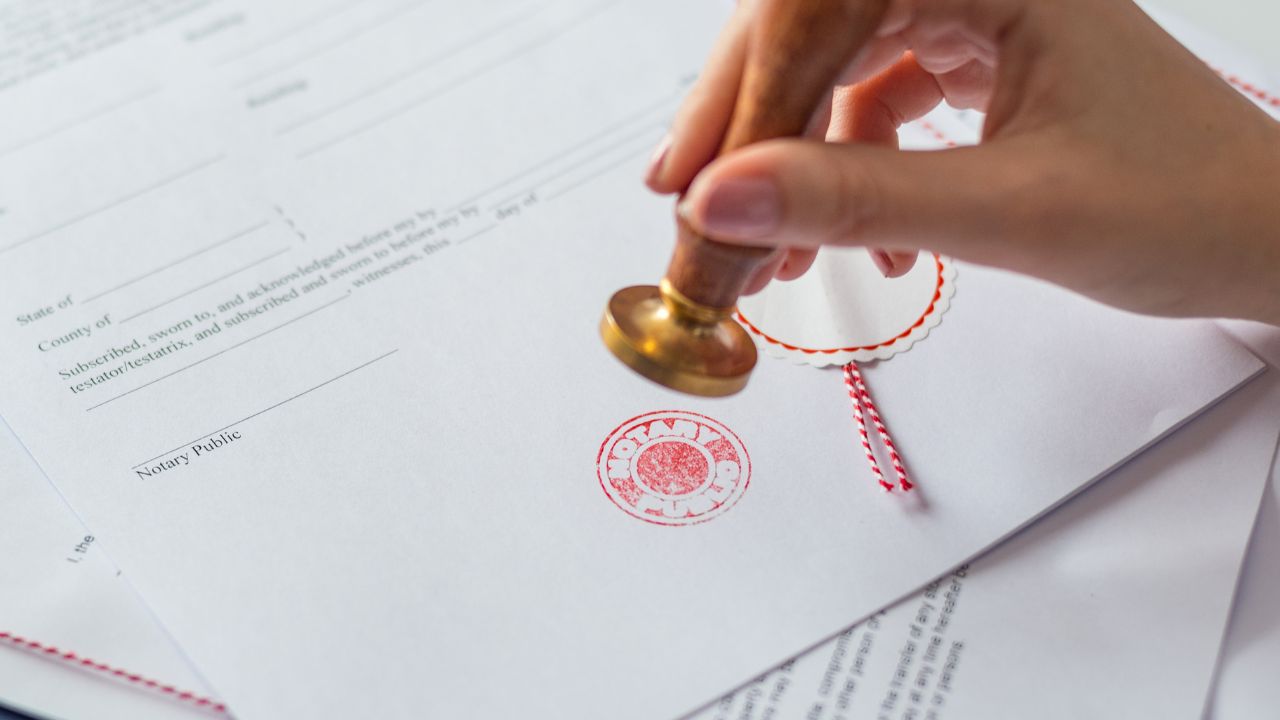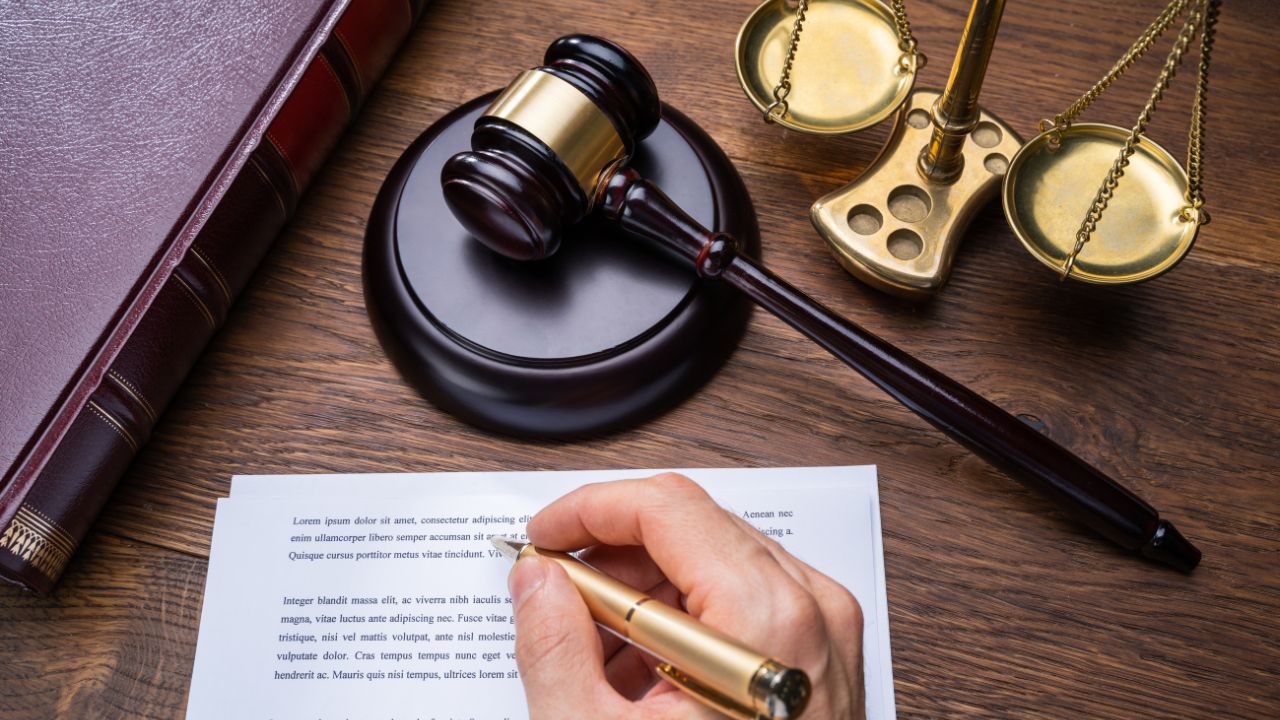A Special Power of Attorney (SPA) is an important legal document, especially for individuals outside of India who must delegate authority for specific tasks. In India, an SPA is essential for facilitating various transactions and actions on behalf of another person, ensuring legality, clarity, and accountability. This post explores the nuances of a Special Power of Attorney within the Indian legal framework, detailing its uses, implications, and key considerations.
Understanding the Indian Special Power of Attorney
A Special Power of Attorney is a legal document that grants a person (the agent or attorney-in-fact) the authority to act on behalf of another person (the principal) in specific and clearly defined matters. Unlike a General Power of Attorney, which confers broad authority over various actions, an SPA is limited to particular tasks or transactions. This limitation ensures that the principal retains control over their affairs while enabling the agent to act efficiently and legally in designated circumstances.
Key Components of a Special Power of Attorney for India
- Identification of Parties: The document begins with identifying the principal and the agent. It includes their full names, addresses, and other relevant contact details.
- Description of Powers: The SPA explicitly outlines the actions or decisions that the agent is authorized to undertake on behalf of the principal. These could include managing property, conducting financial transactions, signing contracts, or handling legal matters related to specific properties or businesses.
- Duration and Termination: The document specifies the duration for which the SPA remains valid and may include conditions under which it can be terminated, such as the completion of the specified tasks or the incapacitation of the principal. Once the specific tasks of a Special Power of Attorney (SPA) for India are completed, it usually becomes unusable. However, an SPA may be revoked at any time through a Deed of Revocation.
- Execution and Notarization: To be legally binding, an SPA for India can be executed on plain paper, signed by the principal, and often notarized by a notary public. The SPA should be then attested by the High Commission of India and lastly registered with the relevant authorities in India.
Uses of Special Power of Attorney for India
The primary advantage of a Special Power of Attorney (SPA) lies in its ability to clearly define and limit the scope of the agent’s powers. This precision helps to ensure that the agent can only act within the specified boundaries, thereby reducing the risk of misuse or abuse of the granted authority. By tailoring the SPA to particular tasks or decisions, the principal retains greater control and oversight, ensuring their interests are better protected.
Real Estate Transactions
A SPA for Indian property management is commonly used when the principal cannot be physically present to complete transactions such as buying or selling property. The agent can sign documents, make payments, and represent the principal before authorities, streamlining the process.
Financial Matters
For financial transactions, especially in cases where the principal is abroad or incapacitated, an SPA allows the agent to manage bank accounts, make investments, pay bills, and handle tax matters on their behalf.
Legal Proceedings
In legal matters, particularly litigation or arbitration, an SPA empowers the agent to represent the principal in court proceedings, settle disputes, and make legal decisions as specified in the document.
Business Operations
In the corporate sector, SPAs are used to delegate authority to managers or executives to act on behalf of the company in specific business dealings, including negotiations, signing contracts, and entering into partnerships.
Legal Implications and Considerations
- Authority and Limitations: The authority granted under an SPA is strictly limited to the powers specified in the document. Any actions taken beyond these limits may not be legally binding.
- Revocation: The principal retains the right to revoke or amend the SPA at any time, provided they are mentally competent to do so. Notification of revocation should be made in writing and communicated to all relevant parties.
- Liability: While acting under an SPA, the agent must exercise utmost good faith and diligence. They can be held legally liable for any misuse of authority or breach of duty.
- Registration: Depending on the nature of the transactions involved, some SPAs may require registration with the appropriate authority to be enforceable in certain jurisdictions.
A Special Power of Attorney in India serves as a powerful legal tool for individuals and businesses alike, enabling efficient management of affairs of the individuals who reside abroad.
By clearly defining authority and responsibilities, SPAs ensure transparency and accountability in transactions, thereby safeguarding the interests of all parties involved.
Understanding its uses, implications, and legal considerations is crucial for anyone contemplating or involved in the execution of such a document. With proper legal guidance, an SPA can facilitate smooth operations across various domains.
As with any legal document, consulting with a qualified legal professional is advisable to ensure compliance with relevant laws and to tailor the SPA to specific needs and circumstances. This ensures that the SPA effectively serves its intended purpose while protecting the rights and interests of all parties involved.
By navigating the intricacies of Special Powers of Attorney in India, individuals and entities can harness its potential to streamline operations, mitigate risks, and achieve legal clarity in an increasingly interconnected global environment.
How we can help
For assistance with a Special Power of Attorney for India, please contact our experienced and friendly team at 0208 757 5751 or use our contact form.
Frequently asked questions
A SPA grants specific powers for particular tasks, while a GPA provides broad authority over various actions.
To execute a Special Power of Attorney for India from the UK, the document should be drafted by a legal professional, notarised by a notary public, attested by the High Commission of India and then registered with the relevant authorities in India.
A Special Power of Attorney can be revoked, but cannot be amended by the principal at any time, as long as they are mentally competent. The revocation must be made in writing and communicated to all relevant parties, including the agent and any institutions or entities relying on the SPA. A Deed of Revocation is typically used to ensure the revocation is legally binding and recognized.






